CESR focuses on tackling deprivations that are chronic and entrenched, resulting from weaknesses in the design or implementation of public policies.
We are committed to sharing the insights, challenges and lessons learned with our peers. Through our strategic support activities, we have discussed innovative monitoring practices with a broad audience—from local grassroots activists to international organizations, including Human Rights Watch, OHCHR, Oxfam Novib, and UNDP.
We frequently present our work in academic settings. In recent years, we have participated in conferences and given lectures and seminars at DePaul University, New York University, Sciences Po, and the University of Connecticut. Our work on monitoring has been featured in numerous journals and edited volumes.
An emerging theme in these dialogues has been the intersection data and human rights. Because of its ability to vividly and visually show trends and patterns, data is a fundamental tool in our monitoring work. Our experiences have shown that, when used artfully, data can strengthen human rights arguments by debunking myths, revealing unknown biases and, ultimately, exposing injustices in the status quo.
The supply of large scale, open-source data is growing at a remarkable pace. Hundreds of local, national and international open data catalogues are now available, containing information produced by or derived from governments, multilateral institutions and other development actors. Innovative technology—including mobile phones, interactive-mapping, and social media—has accelerated the spread of citizen monitoring initiatives, opening up opportunities for more inclusive, participatory forms of social accountability. Advances in the visual representation of data—through tools such as infographics, interactive dashboards, animations, etc—are making it increasingly possible to communicate complex information quickly and clearly.
Nevertheless, data is generally complicated, hard to understand, and often not packaged in a way that is accessible. Data only becomes a compelling way to influence policy when you ask the right questions of numbers and have a way to communicate what you find. Using data meaningfully in human rights advocacy means finding ways to make important information accessible to the people who can best use it, in formats that are easy to engage with.

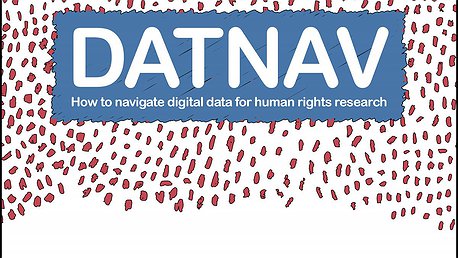
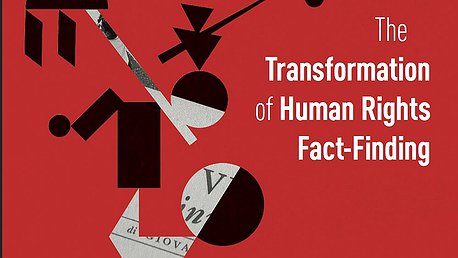
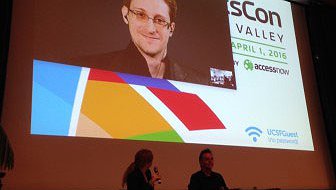
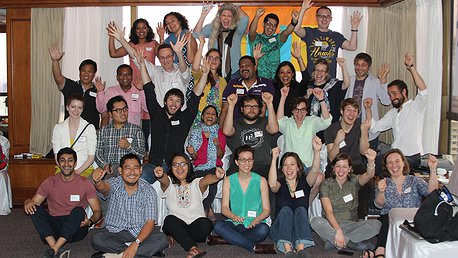
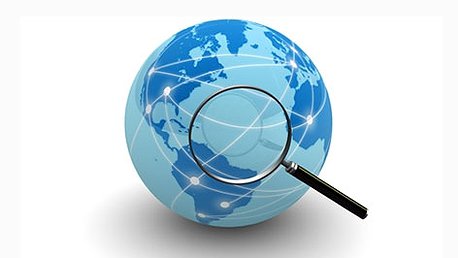
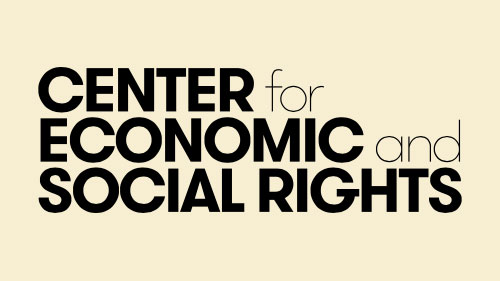
.jpg.458x258_q85_box-0%2C21%2C405%2C248_crop_detail.jpg)